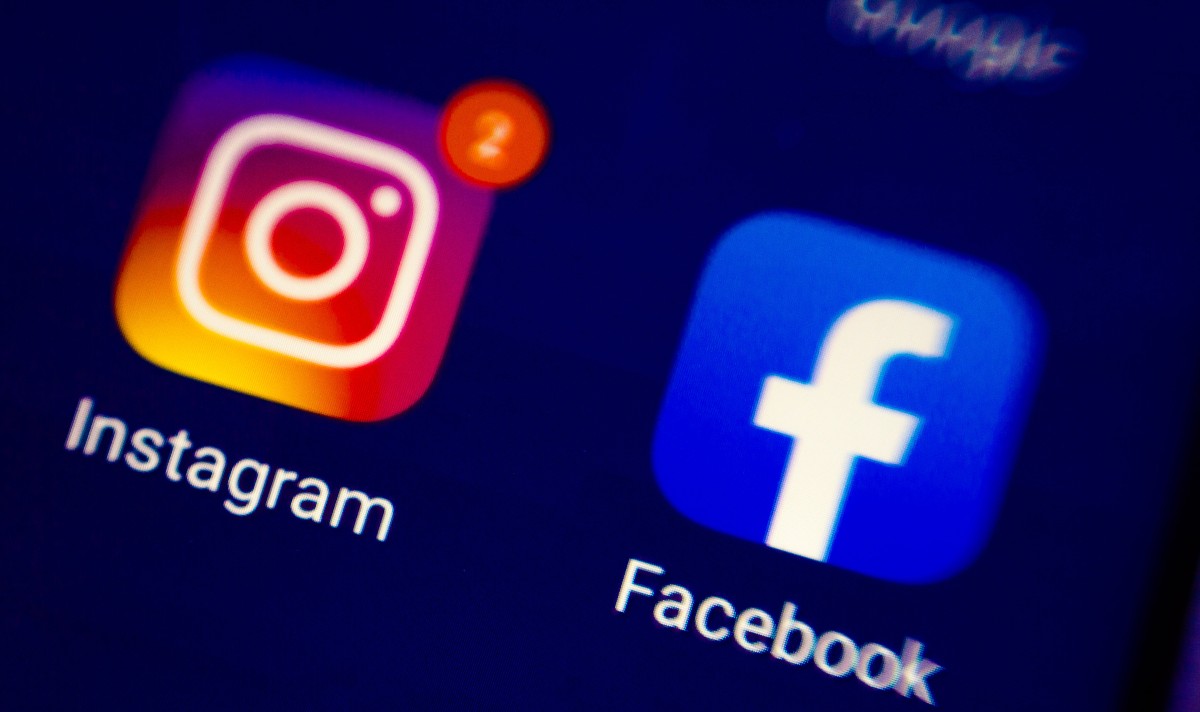Facebook and Instagram are undergoing a lot of changes, but this one is bound to leave a lot of people upset. Meta, the parent company which owns both social platforms, will no longer be paying influencers for their reels and short videos. According to Business Insider, the initial program launched in 2021 and saw people earning thousands of dollars for sharing their short-form content on both platforms. But it’s all coming to an end, the company announced, though there’s still a possibility they could reintroduce it in the future if Reels were to enter a new market.
In case you weren’t up to speed, some content creators were earning up to $10,000 in bonuses from their Reels, so it’s understandable why a lot of people are fuming at the sudden change. According to Tech Crunch, it also wasn’t strange for some IG users to make upwards of $35,000 a month from their videos, which were generating millions in views. And while Meta was initially happy to reward content creators for attracting such a wide audience, it’s believed the company is trying to cut significant costs as it continues to focus its attention on the metaverse.
RELATED: Dang! Meta Announces The Company Is Laying Off More Than 11,000 Employees
During an investor call for Meta’s Q4 2022, Mark Zuckerberg expressed how Reels were not earning the company enough money yet. The revenue Reels were generating in comparison in comparison to Feed was noticeably less.
“The next bottleneck that we are focused on to continue growing Reels is improving monetization efficiency or the revenue that’s generated per minute of Reels watched. Currently, the monetization efficiency of Reels is much less than Feed. So the more that Reels grows, even though it adds engagement to the system overall, it takes some time away from Feed and we actually lose money.”
Reels are short-form videos that are typically 15-60 seconds long and have become increasingly popular on social media platforms such as Facebook and Instagram. Reels allow users to create engaging and entertaining content, often using music or sound bites to enhance the video.
Reels are similar in many ways to TikTok videos, which have become a viral sensation in recent years. However, reels are limited to 60 seconds, while TikTok videos can be up to three minutes long. Despite this limitation, reels have become a popular way for influencers to showcase their creativity and connect with their followers.
Meta’s decision to stop paying influencers for creating reels on Facebook and Instagram has sent shockwaves through the influencer marketing world.
The decision means that influencers will no longer receive monetary compensation for creating reels, which could have significant implications for their income. Many influencers rely on paid partnerships to make a living, and this decision could impact their ability to do so.
However, Meta has stated that it will continue to support creators and offer other ways for them to monetize their content. While this is reassuring, it remains to be seen what those alternatives will be and how effective they will be in generating income for influencers.
View this post on Instagram
RELATED: Meta Employee Buys $300,000 Studio To Live On Cruise Ship For 12 Years
While Meta’s decision to stop paying influencers for creating reels on Facebook and Instagram may be a setback, there are still several ways for influencers to monetize their content.
One option is to collaborate with brands on sponsored posts or campaigns. Influencers can work with brands to create content that promotes their products or services and receive compensation for their work.
Another option is to sell merchandise or digital products, such as e-books or courses. Influencers can also monetize their content through affiliate marketing, where they receive a commission for promoting products or services.

